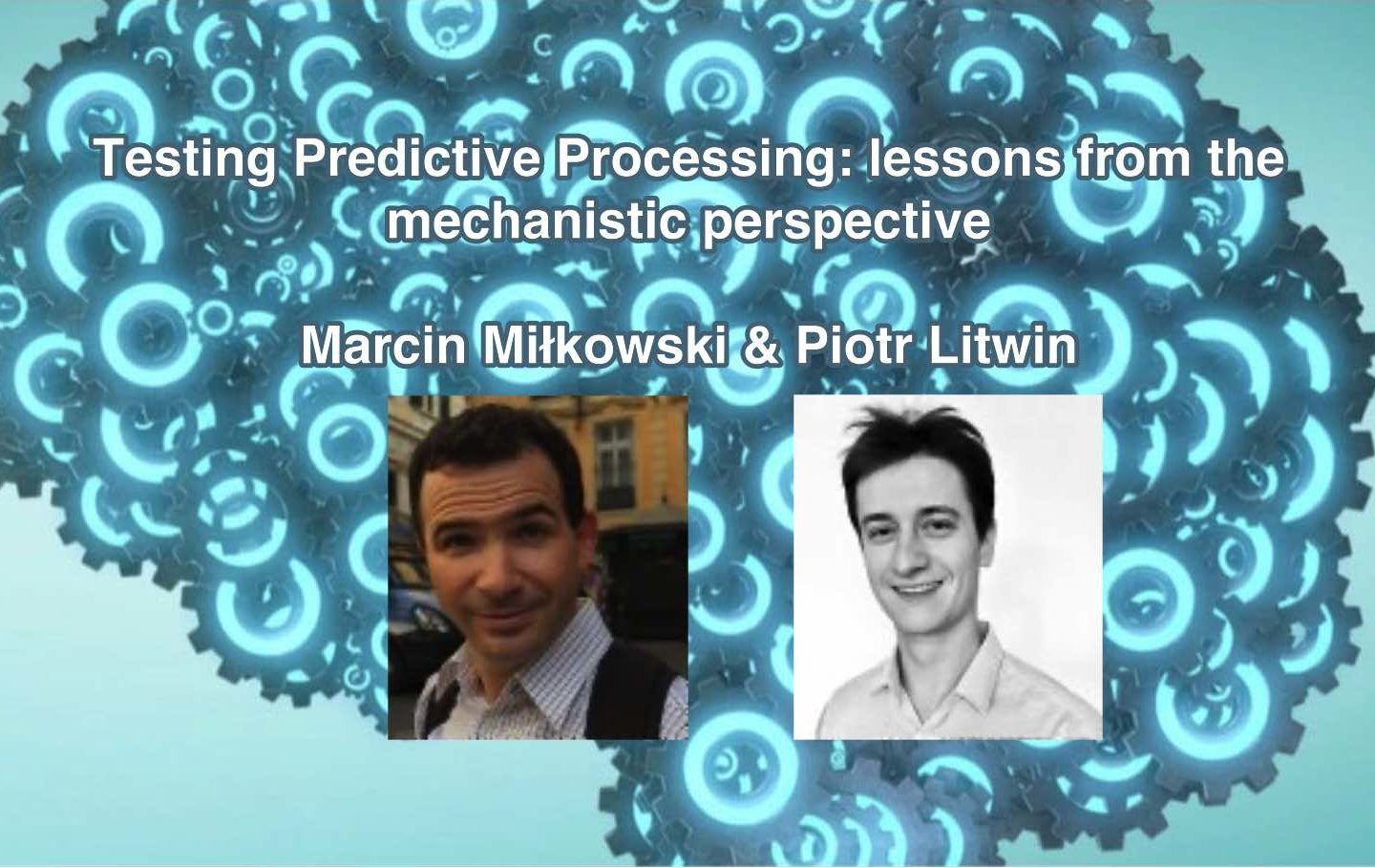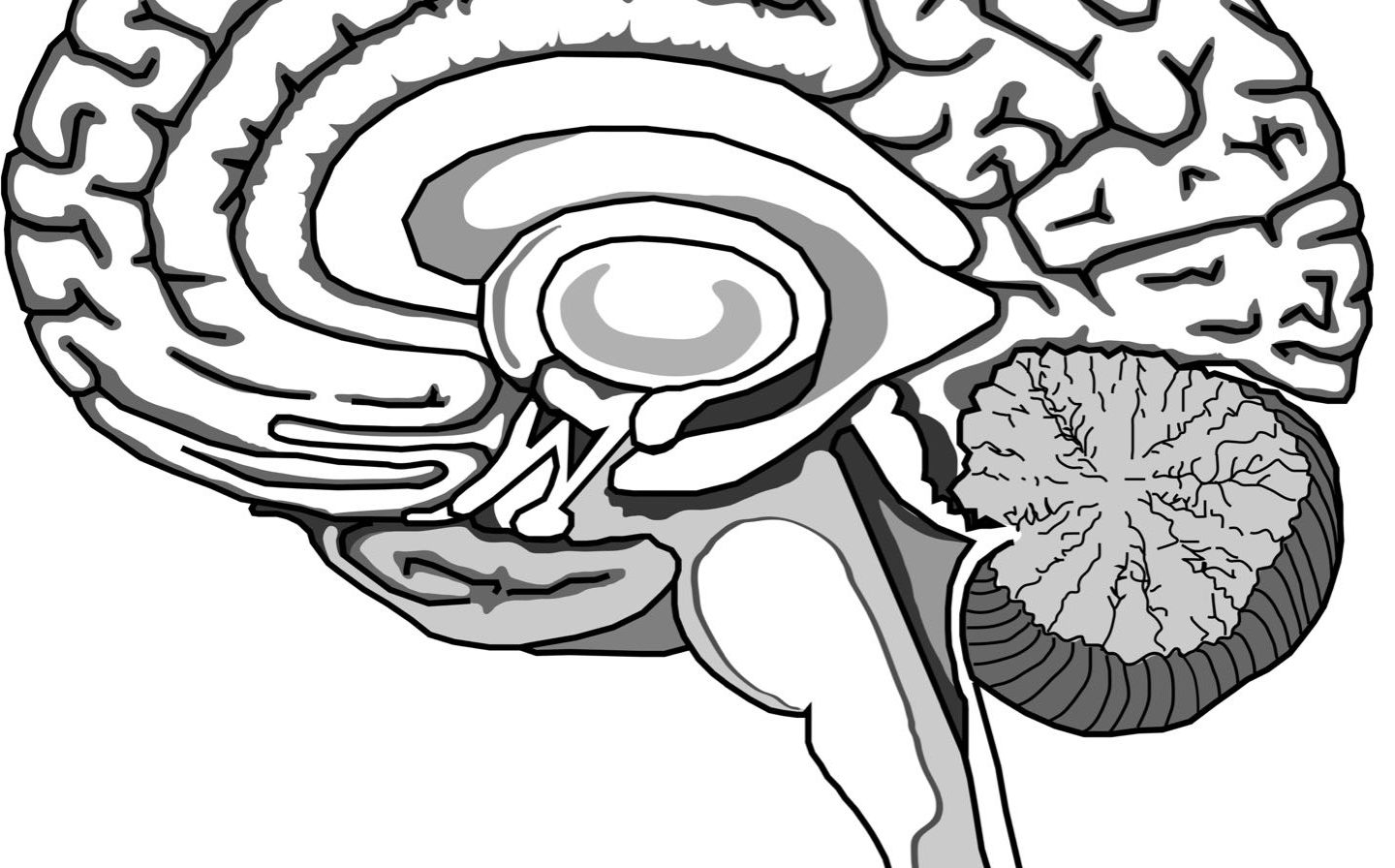Marcin Miłkowski’s & Piotr Litwin’s livestream of “Testing Predictive Processing”
We are excited about the next Neural Mechanisms webinar this Friday (21st). As always, it is free. You can find information about how and when to join the webinar below or at the Neural Mechanisms website—where you can also join sign up for the mailing list that notifies people about …



